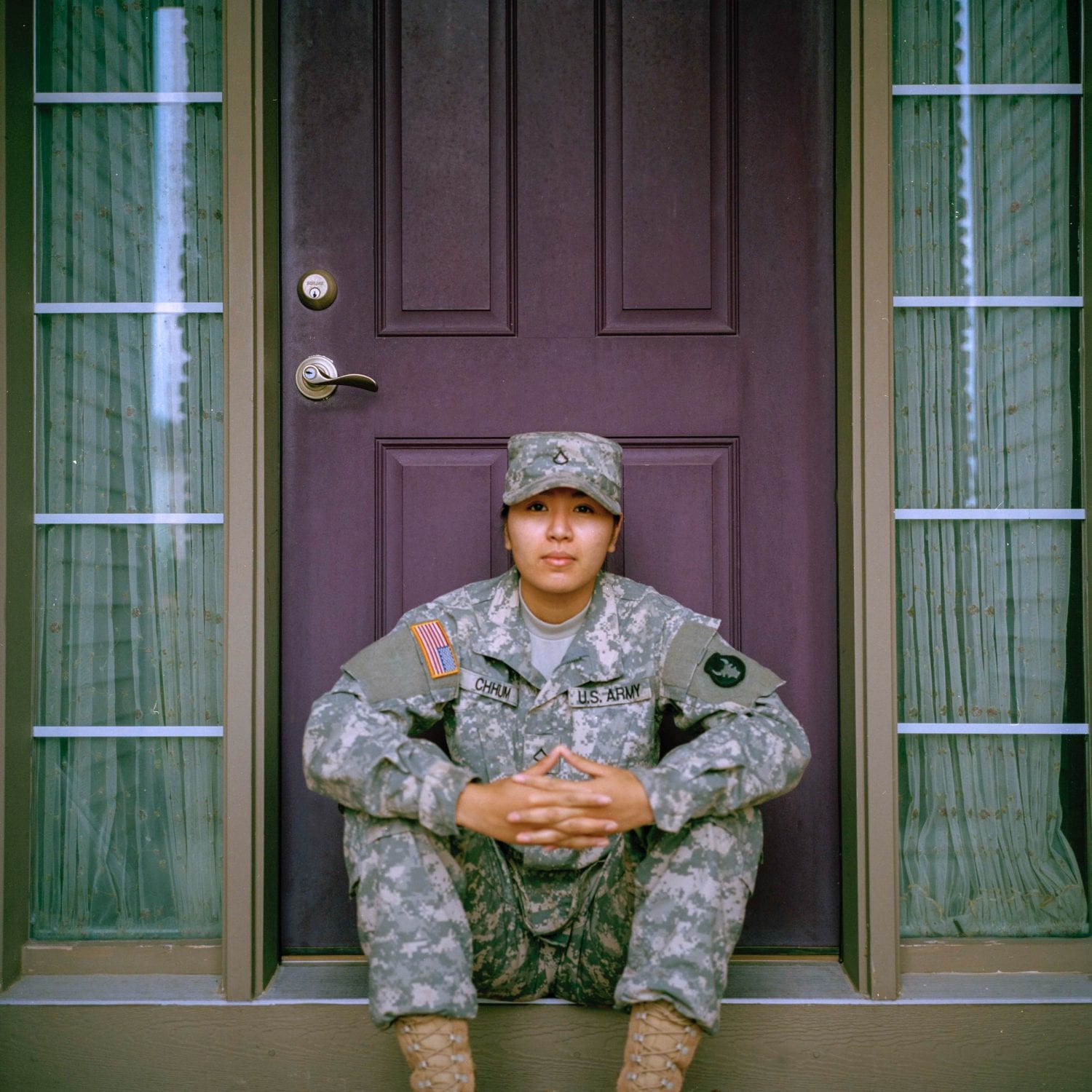
Here at SLO Recovery, we believe that it is everyone’s right to live a happy, successful life. Especially those that have served their country and community, often at their own peril. For service members, first responders, and other front-line workers, the cost of service is mental health – and unfortunately, this is a group that is often underserved by the very system it protects and serves. Members of the military, police forces, EMTs, firefighters, and others report increased rates of substance abuse disorder, PTSD, anxiety, depression, and insomnia. Many in these fields suffer silently because of a lack of access to supportive resources that can put them back on a path to thriving.
As such, we are honored to announce our comprehensive treatment offerings for service members and first responders. These evidence-based modalities have been tried and tested and can offer relief to anyone suffering symptoms associated with trauma, including addiction, depression, anxiety, PTSD, insomnia, and more. Our staff receives comprehensive training to fill this much-needed niche in the recovery community and we look forward to offering these services to anyone who could benefit from them. Read on for more about our latest offerings:
ACT Therapy
Acceptance and Commitment Therapy (ACT) is a type of psychotherapy that draws from traditional therapy and cognitive-behavioral therapy (CBT). Using acceptance as a tool for growth, patients learn to stop avoiding, denying, and struggling with their emotions and to find compassionate acceptance of their feelings. With this understanding, they are then empowered to make necessary changes in their behavior and meet challenging situations with mindfulness and acceptance. ACT allows people to face and accept certain feelings and situations, so they can instead use that energy for better purposes—such as increasing their alignment with personal with their goals and values.
ACT therapy is based on the premise that it is both ineffective and counterproductive to attempt to manage painful emotions and experiences because it ultimately leads to more distress. ACT assumes that there are more effective and healthier alternatives, such as mindfulness, attention to personal values, and commitment to action. By taking steps to change their behavior while, at the same time, learning to accept their psychological experiences, patients can feel empowered and experience positive change.
Cognitive Behavioral Therapy for Insomnia (CBT-I)
CBT-I is widely recognized as an effective treatment for a wide range of insomnias. It consists of several components including assessment, behavioral and cognitive interventions, motivational techniques, and relapse prevention skills. While useful for anyone suffering from insomnia, it is often applied to service members experiencing insomnia before deployment.
An overwhelming amount of evidence suggests that CBT-I is as effective as other sleep aids used to treat insomnia and is more effective than sleeping medications for long-term treatment of insomnia.
Cognitive Behavioral Therapy for Depression (CBT-D)
Cognitive Behavioral Therapy for Depression (CBT-D) is an effective, evidence-based treatment for depression. It has been widely used to treat veterans and military service members but is effective for anyone struggling with depression. This short-term talk therapy addresses depression symptoms including feeling sad, depressed, or hopeless; lack of interest or pleasure in activities; being irritable or agitated; loss of energy or fatigue, loss of appetite, and trouble sleeping.
CBT-D is one of the most studied and effective therapies developed for depression. The modality is based on decades of research and has been shown to be very effective. According to research, over 75% of people treated for depression show noticeable improvement following CBT-D. The treatment is considered at least as effective as medications, and many continue to enjoy benefits long after completing CBT-D treatment concludes.
Cognitive Processing Therapy (CPT)
Cognitive Processing Therapy (CPT) is an evidence-based treatment for Post Traumatic Stress Disorder (PTSD) and other associated symptoms that often follow traumatic events. It focuses on how the traumatic event is thought of and coped with by a person who is trying to regain a sense of mastery and control in his or her life. It is commonly used with members of the military, and front line or emergency workers.
CPT allows people to challenge negative thoughts and interpretations and gain a healthier perspective of trauma. This allows them to regain a sense of control, better cope with future trauma, and move forward with their lives.
Cognitive Therapy for Suicidal Patients (CT-SP)
Cognitive Therapy for Suicide Prevention (CT-SP) is an evidence-based, cognitive-behavioral treatment for adults who have attempted or considered suicide. This type of therapy is considered effective and has been particularly useful in treating members of the military and emergency workers.
The intervention teaches patients new skills and alternative ways of thinking and behaving during episodes of suicidal crises. It helps them to build a reliable network of mental health providers and social supports to serve as a safety net and thus prevent future suicide attempts.
Prolonged Exposure Therapy (PE)
Prolonged Exposure Therapy, also known as PE, is an evidence-based treatment for Post Traumatic Stress Disorder (PTSD). In this modality, individuals are guided to gradually face their trauma-related memories and feelings. Through facing these past traumatic events with safe guidance, patients can learn that trauma-related memories and cues are no longer dangerous and no longer need to be avoided.
Numerous well-respected studies over the past twenty years have demonstrated that PE helps notably reduce PTSD symptoms and associated depression, anger, and anxiety. It has been widely used in the treatment of military service members and veterans. In addition to reducing PTSD symptoms, PE also instills confidence, giving patients the ability to better discern safe and unsafe situations, and improves their ability to function day-to-day.
Narrative Exposure Therapy (NET)
Narrative Exposure Therapy is a counseling modality used to help people gain new perspectives on past life events and issues. It aims to give people distance from the stories they have constructed or “narrated” in response to these events, to “rewrite” a new narrative that better reflects their identity, goals, and ideals. This technique helps patients discover how their internalized reactions may have shaped their identity, take accountability for them, and find more empowering narratives in order to move forward positively.
This modality can help patients expand their sense of self, challenge outdated and negative belief systems, and offer a way to live that reflects a more positive, healthier belief system.
Trauma Recovery and Empowerment Model (TREM)
The Trauma Recovery and Empowerment Model is an evidence-based, facilitated group approach to help people heal from the effects of trauma. It combines elements of coping skills development and emphasizes peer support. It is useful for those with PTSD, mental health issues, and/or substance use disorders, and can help address a broad range of trauma symptoms.
The overall goals of the TREM model include improved trauma recovery skills, like better self-esteem, boundary-setting, emotional regulation, and improved judgment and decision-making. This modality also promotes improvements in mental health symptoms, such as decreases in anxiety, depression, hostility, posttraumatic stress disorder (PTSD) symptoms, and substance abuse.

